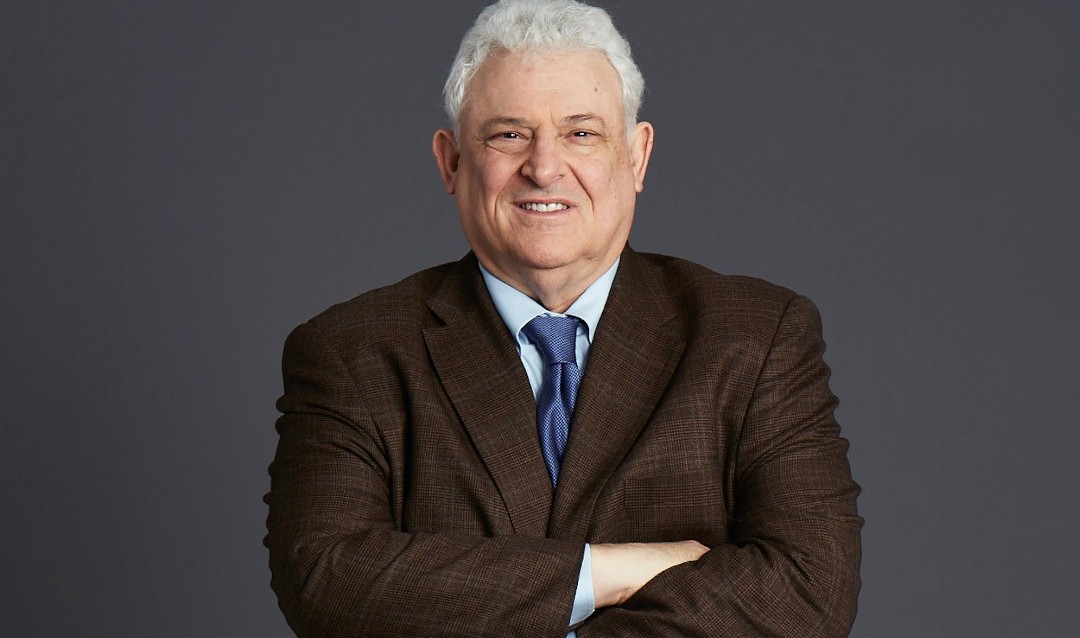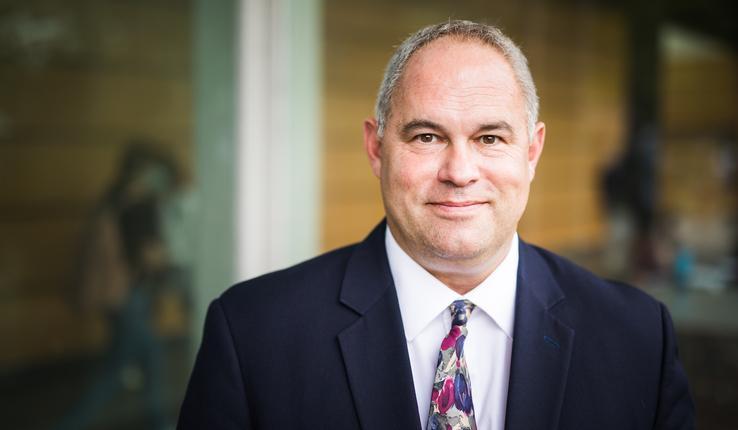Renowned medical ethicist Arthur L. Caplan will virtually deliver the Peter S. Hagerman '61 Lecture in Ethics on Monday, April 5, at 8 p.m. in a talk titled “The Huge Ethical Challenges of Vaccines to Prevent COVID-19.”
Caplan, the Drs. William F. and Virginia Connolly Mitty Professor of Bioethics and founding director of the division of medical ethics at New York University’s Grossman School of Medicine, is well known for assessing moral issues in biomedical endeavors, including clinical trials.
Caplan will address vaccine development and rollouts to resolve the COVID-19 pandemic, which has resulted in the deaths of more than 525,000 Americans. Was the rollout of vaccines fast enough? Should other strategies also have been pursued? Why was the initial vaccine rollout so confusing, and what did it tell us about rationing in America? Can vaccines ever be mandated for those who refuse them?
The event, sponsored by Lehigh's Center for Ethics, is free and open to the public. Pre-registration at go.lehigh.edu/ethicshagerman is required. A question-and-answer segment will follow Caplan’s talk.
Prior to joining NYU School of Medicine, Caplan was the Sidney D. Caplan Professor of Bioethics at the University of Pennsylvania Perelman School of Medicine in Philadelphia, where he created the Center for Bioethics and the Department of Medical Ethics. He also has taught at the University of Minnesota, where he founded the Center for Biomedical Ethics, the University of Pittsburgh and Columbia University. He received his Ph.D. from Columbia University.
Caplan is the author or editor of 35 books and more than 800 papers in peer-reviewed journals. His most recent books are “Vaccination Ethics and Policy” and “Getting to Good: Research Integrity in Biomedicine.” He has served on a number of national and international committees, including as the chair of the National Cancer Institute Biobanking Ethics Working Group; chair of the Advisory Committee to the United Nations on Human Cloning; and chair of the Advisory Committee to the Department of Health and Human Services on Blood Safety and Availability.
During the pandemic, Caplan has been co-directing an advisory group on sports and recreation for the U.S. Conference of Mayors. He created a working group on coronavirus vaccine challenge studies; developed an ethical framework for distributing drugs and vaccines for Johnson & Johnson; helped develop rationing policies for NYU Langone Medical Center and many other health systems; and he is a member of the WHO advisory committee on COVID, ethics and experimental drugs/vaccines. He was an advisor to Moderna, and he serves on the NCAA Sports and COVID committee.
Caplan was described as one of the 10 most influential people in science by Discover in 2008. He also has been honored as one of the 50 most influential people in American health care by Modern Healthcare magazine, one of the 10 most influential people in America in biotechnology by the National Journal, one of the 10 most influential people in the ethics of biotechnology by the editors of Nature Biotechnology, and one of the 100 most influential people in biotechnology by Scientific American.





